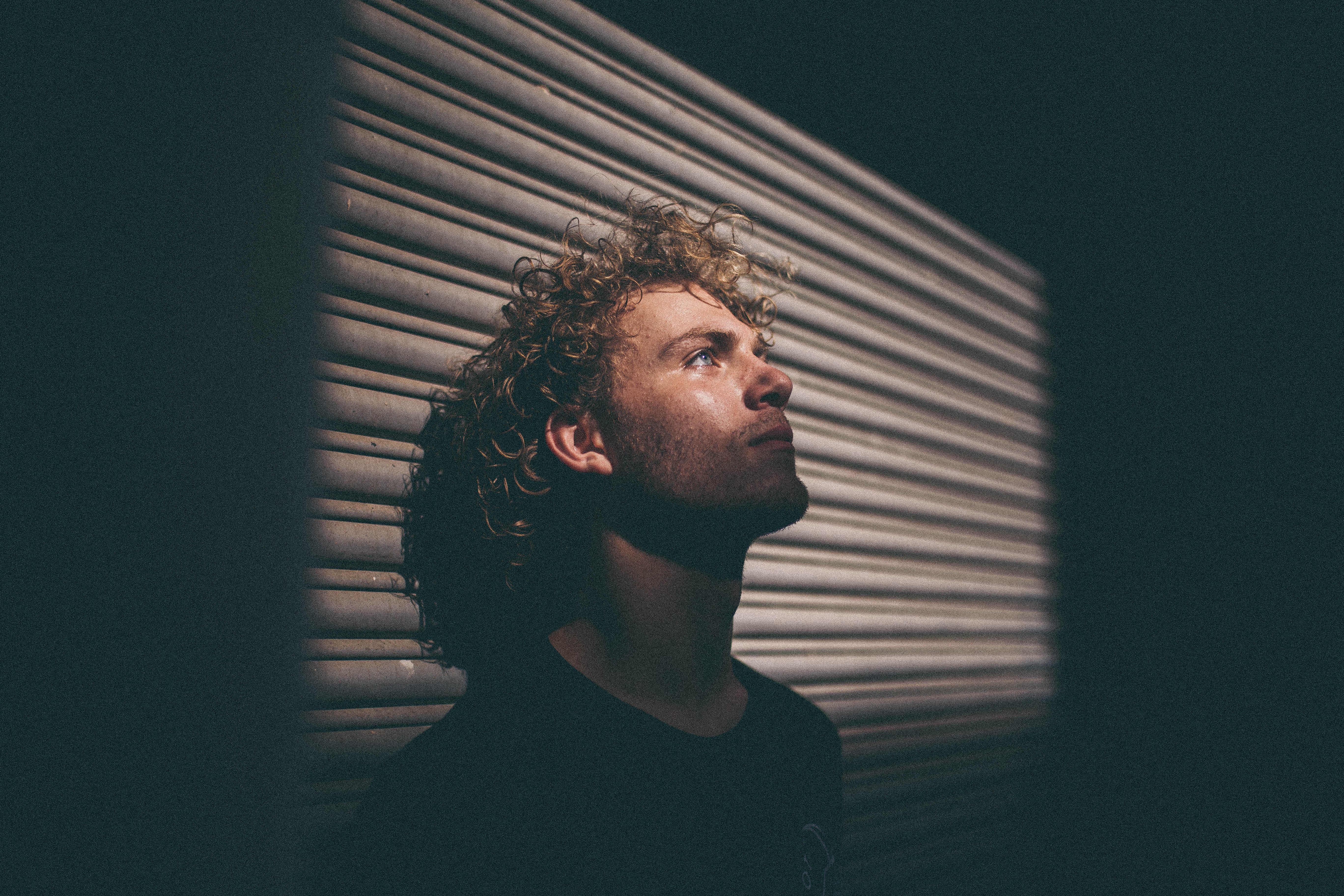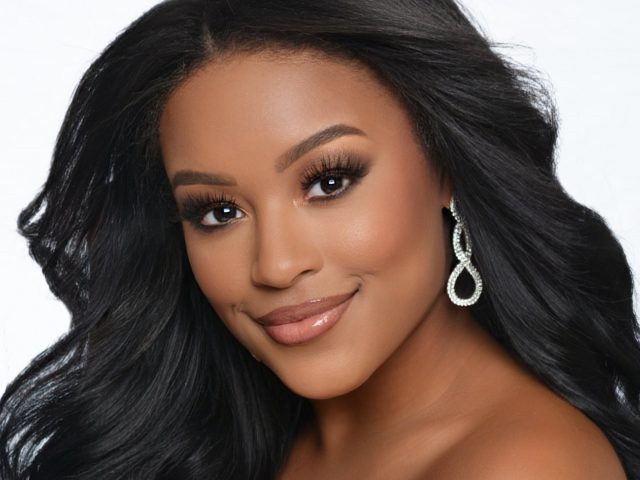When I started dating my abuser, I had a Master’s degree in counseling under my belt; it’s true. During our time together, I was in school for another one and even I had never heard gaslighting discussed in-depth. For a season, gaslighting was a part of my daily life, and I didn’t even know that it was a thing. And if anyone perhaps should have known about gaslighting, it was me — the therapist-in-training who lived in the throes of it.
These are not faults of my education or myself for that matter but a lack of awareness about this issue among the general public. When I tried to learn more about it, I found plenty of theoretical explanation, but not many accounts from people who’d actually been through it.
Gaslighting is an emotional abuse tactic designed to get you to question the integrity of your reality. And the goal of the person doing it is to control you mentally and emotionally by overriding your perceptions of events.
With gaslighting, your grievances are never validated. You’ll approach your partner with something that unsettles you and that conversation will shift immediately to why it wasn’t their fault, or why something should not have unsettled you in the first place. They will block, distract, undermine, divert and blame you for their behavior – anything at all to keep them off the hook from admitting one ounce of fault.
Let me give you an example or two.
One night, my boyfriend and I were asleep in bed when he woke me up asking if he could borrow my car to help out his friend. I said yes, and woke up again when he came back home after helping said friend.
While choosing a Netflix show through his phone the next day, I learned that the friend in need was actually another woman – he had cheated on me with the night before.
“Look, I just feel so suffocated by you lately,” was the first thing that came out of his mouth when his eyes made it to the text message I had seen by accident. We went back and forth some more, and do you know how that conversation ended?
With me apologizing: “I’m so sorry that I made you feel so unhappy here that you needed that as an outlet. You didn’t do it to hurt me; it’s okay.”
And there are probably hundreds of other things he did over time, to either hurt me or keep me within the confines of our relationship, that were not okay, but I allowed because gaslighting is that powerful.
Another time, he left our group of friends (myself included) at a party because he needed to get some air. We found out from his Snapchat that he had gone over to a party at another girl’s house, and after he didn’t pick up our calls for several hours, he got a speeding ticket on the way to pick us up – after the party had ended – but demanded quiet in the car because the speeding ticket stressed him out so much and we “didn’t tell him what time to be back.”
I never confronted him about the party he’d left us for because I was too busy trying to keep him calm from the badgering of others’ questions. A guy friend started to hug me when we got out of the car to say good night. He wanted to see if I was alright. I immediately backed up and responded with, “Please don’t – it’ll make my boyfriend mad.”
A text message from that same guy friend:
“Why are you afraid of him?
Tell me right now why you’re afraid of him.”
And I never did answer that question, because I knew my partner’s anger was even worse when other people became involved.

Over time, my partner had conditioned me to believe that every angry outburst, every tense moment, every little thing that upset him was something that I alone was the root of.
When you experience gaslighting, you live in an environment of fear. I began to believe that I was an ordeal, and constantly analyzed myself and the situations around me to keep him calm, unprovoked, and from getting angry.
Once, in my living room, he asked me to get up and make him a drink in the middle of a movie we were watching with friends. One of our friends told him to make it himself and he said, “Why? She’ll do anything I say.” I overheard that same friend, as I was getting ready for bed later, confront him: “you’re emotionally abusive.” I shrugged it off when she repeated the story to my face; he had trained me to trust him more than friends I had known for years.
What I wish I’d known about gaslighting is, for starters, that none of these behaviors are normal and shouldn’t be justified in a relationship.
Gaslighting didn’t just affect my relationship with my partner — it affected every relationship. For over a year, I questioned if my feelings were valid or allowed. I second-guessed my recollection of past events and conversations, always apologizing even when I wasn’t wrong, and constantly finding excuses for my partner’s behavior. And when the excuses weren’t enough I shut my loved ones out.
I wish I’d known, the night I met my partner, that even though I felt lost and adrift, a human being wasn’t going to heal me, or do the work I needed to do for me. I wish I’d known that my feelings are always valid, because they’re what I’m feeling, and if I tell someone that I’m sad or elated or miserable, they don’t get to tell me that I’m not, or that I’m crazy, or to just be quiet.
I wish I’d known that me raising a concern should have led to a productive conversation where my perspective was respected, instead of a screaming match revolving around all the problems I caused that had nothing to do with the initial concern.

Gaslighting is a fog of sorts. It disarms and casts a smoke and mirrors effect. You can explain how to navigate it in theory, but when you have a thousand people shouting instructions at you who have never been on that particular path, you start to believe in the illusion even more. I’ve learned that guilt isn’t as productive here. It will keep you where you are, deep in all the second-guessing.
I am here to say: being gaslighted is never your fault. I have degrees on the wall that should have protected me from it, and it still happened to me. I didn’t recognize the signs. If any of these vignettes make you feel understood, you’re probably breathing in some smoke right now. The best thing to do is to admit it and get some oxygen. That may be your family, a therapist, a mentor — but wherever the oxygen is, get to it. Clear your lungs. I know you may feel shame and guilt about discussing your experience, but there is something better than smoke inhalation out there, and it is actual love.
If you or someone you know is experiencing this form of emotional manipulation, please check out our real-time resources to find help from a trained professional.
Browse by Category

Finding Strength in Our Stories: Domestic Violence Awareness Month
⚠️ Trigger Warning: This blog includes content and language related to relationship abuse. Please read with care. 💙 October is…
Understanding Domestic Violence Awareness Month (DVAM)
October is almost here, and that means it’s time to…
4 Students Share How They Helped a Friend in an Unhealthy Relationship
Watching a friend struggle in an unhealthy or abusive relationship…
Courageous Boundaries: Managing Life with Your Ex Partner by One Love Foundation and Miss Kansas, Alexis Smith
Co-authored by One Love Foundation and Miss Kansas, Alexis Smith …
How to End a Summer Romance or Friendship
Summer flings and friendships can feel fleeting. So why is…














